Yucca, Soapweed (Yucca glauca), packet of 20 seeds
$3.95
Family: Agave (Agavaceae)
Hardy to Zones 4 to 10
(Narrowleaf Yucca) Pointy-leaved monocot native to the rocky mountain states and flowering to 4 feet tall. Traditional usage (American Indian, TWM): soap, hair loss. Source of saponins. Drought tolerant and northern hardy. Plant prefers full sun and dry, rocky soils. Soak seed overnight in warm water. Sow in spring in a shallow, sandy flat. High temperatures assist germination, and bottom heat is helpful. Water sparingly, and allow the soil surface to dry before watering again. Work up seedlings in successively larger containers before transplanting to the landscape. Space plants 3 or more feet apart.
20 seeds/pkt, Open Pollinated, Untreated, NO GMO’s
In stock

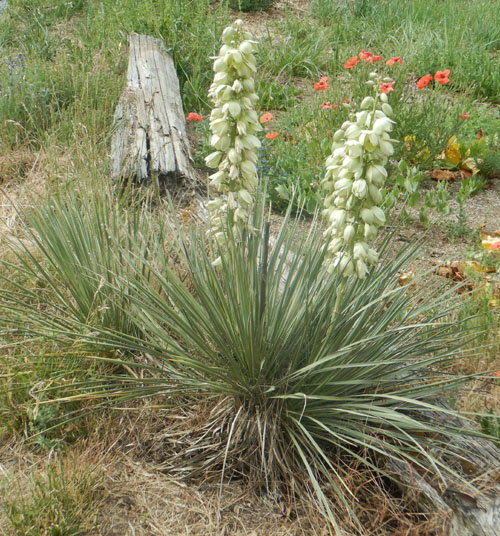
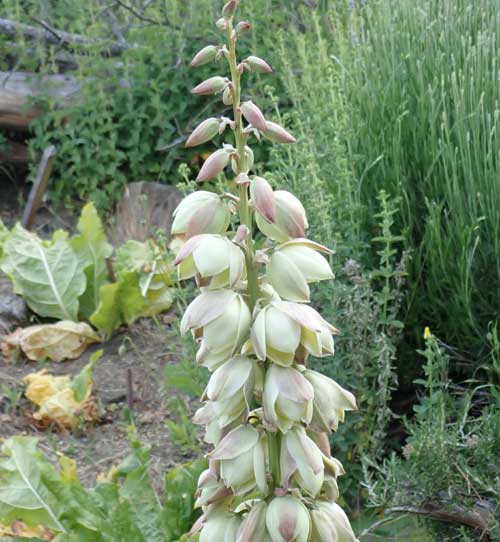

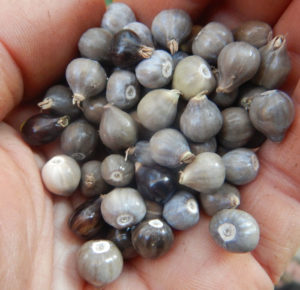
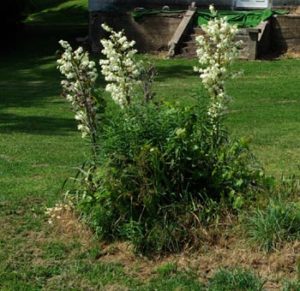
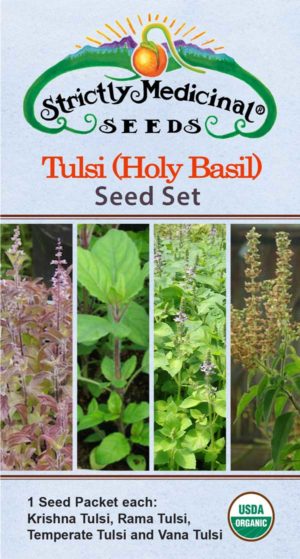
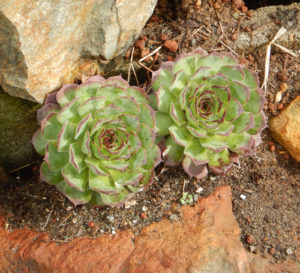
Question
Rich –
Is it possible to hand pollinate Yucca plants/flowers? From what I’ve read, only Yucca Moth can pollinate a Yucca plant. I intend on growing Yucca in Massachusetts from seed and I don’t think there are any Yucca Moths in the region.
Upvote if this was helpful (0) Downvote if this was not helpful (0) Watch Unwatch Flag for removal
Richo Cech –
Hi there, it is possible to hand-pollinate. Although the plant bears perfect (hermaphroditic) flowers, outcrossing is going to give a better take, more genetic diversity–the plant is only grudgingly self-fertile. In other words, the bigger the population, whether hand- or moth-pollinated, the better the seed take. r
Upvote if this was helpful (0) Downvote if this was not helpful (0) Flag for removal
Pye –
How often, and how, can you harvest the root for making the cleansing decoction? Can it be done without killing the plant and how old should it be before you try?
Upvote if this was helpful (0) Downvote if this was not helpful (0) Flag for removal
Richo Cech –
hello pye, basically the yucca species are useful as landscape plants that do provide habitat and food for diverse beings. they are long-lived and taprooted, are usually sacrificed at harvest and not easy to harvest. the one you’re mentioning here is the most northern hardy of the yucca, i’ve seen them growing wild in wyoming, they are easy to establish on the landscape and quite showy, they protect and companion with other perennials. The main use revolves around their content of soap-like saponins. a reasonably mature plant (3 years or older) can be dug up and the root cooked down, the resulting concentrate can be used as a soap or diluted and used to decrease pathogens and increase growth rate and health of houseplants, nursery plants, or garden plants–the saponins make water wetter, increasing rate of absorption. r
Upvote if this was helpful (0) Downvote if this was not helpful (0) Flag for removal